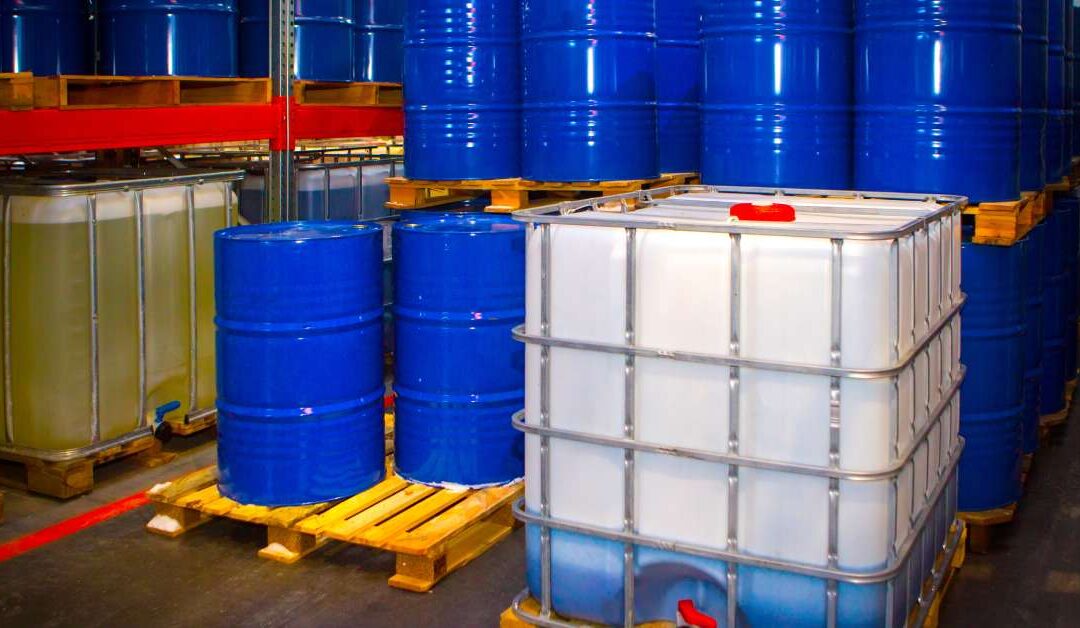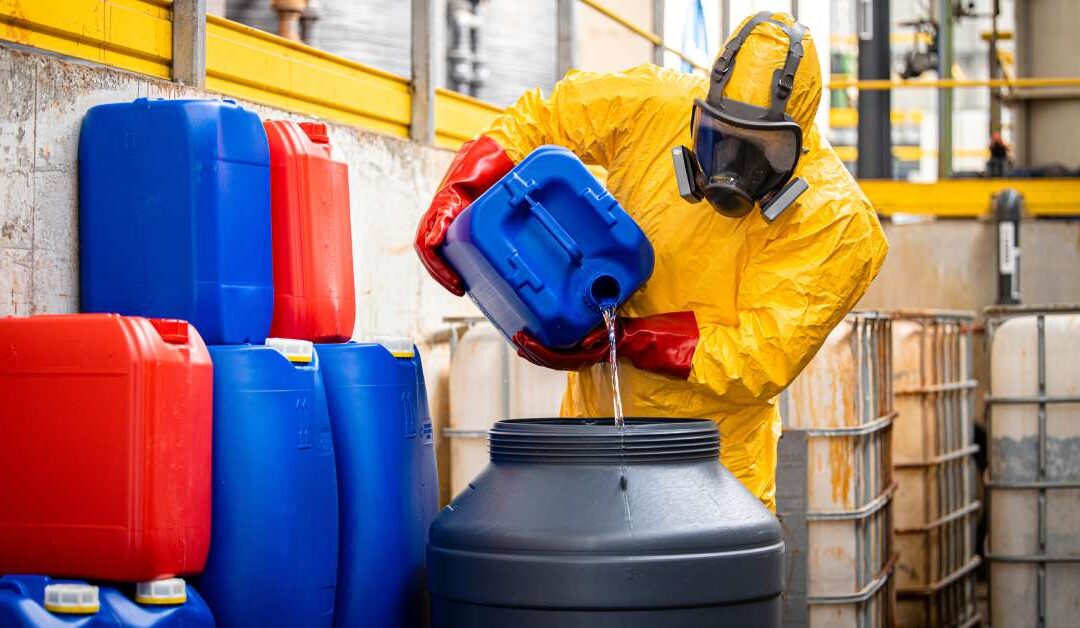
by Prateek | Sep 4, 2024 | Blog
Solvent recycling is a popular practice among businesses looking to minimize waste and maximize resource efficiency. Companies can reduce their environmental footprints and operational costs by reclaiming and reusing chemicals. However, one important aspect many... 
by Prateek | Aug 29, 2024 | Blog
Solvent recycling plays an essential role in sustainable manufacturing. This process focuses on recovering and reusing solvents to minimize waste and reduce environmental impact. The ongoing debate between on-site and off-site solvent recycling centers on cost,... 
by Prateek | Aug 13, 2024 | Blog
Traditional railcar restoration practices rely on hard-to-recycle materials and consume large amounts of energy, contributing to pollution and waste generation. For instance, restorers may use new steel mined and manufactured specifically for their projects. However,... 
by Prateek | Jul 25, 2024 | Blog
Solvent compliance maintains safety and environmental standards in the painting and coating industry. Ensuring the proper use, handling, and disposal of solvents not only protects workers and the environment but also helps companies avoid legal and financial... 
by Prateek | Jul 11, 2024 | Blog
Solvents support several industrial processes ranging from cleaning and degreasing to chemical synthesis and extraction. But what happens when industries use and contaminate these solvents? Can they recycle them, and if so, how many times? Today, let’s explore solvent... 
by Prateek | Jun 27, 2024 | Blog
Finishing solvents are common in various industries, including woodworking, painting, and automotive. These versatile liquids thin materials, clean surfaces, and seal finishes. Understanding the different types and uses of finishing solvents is essential for achieving...






